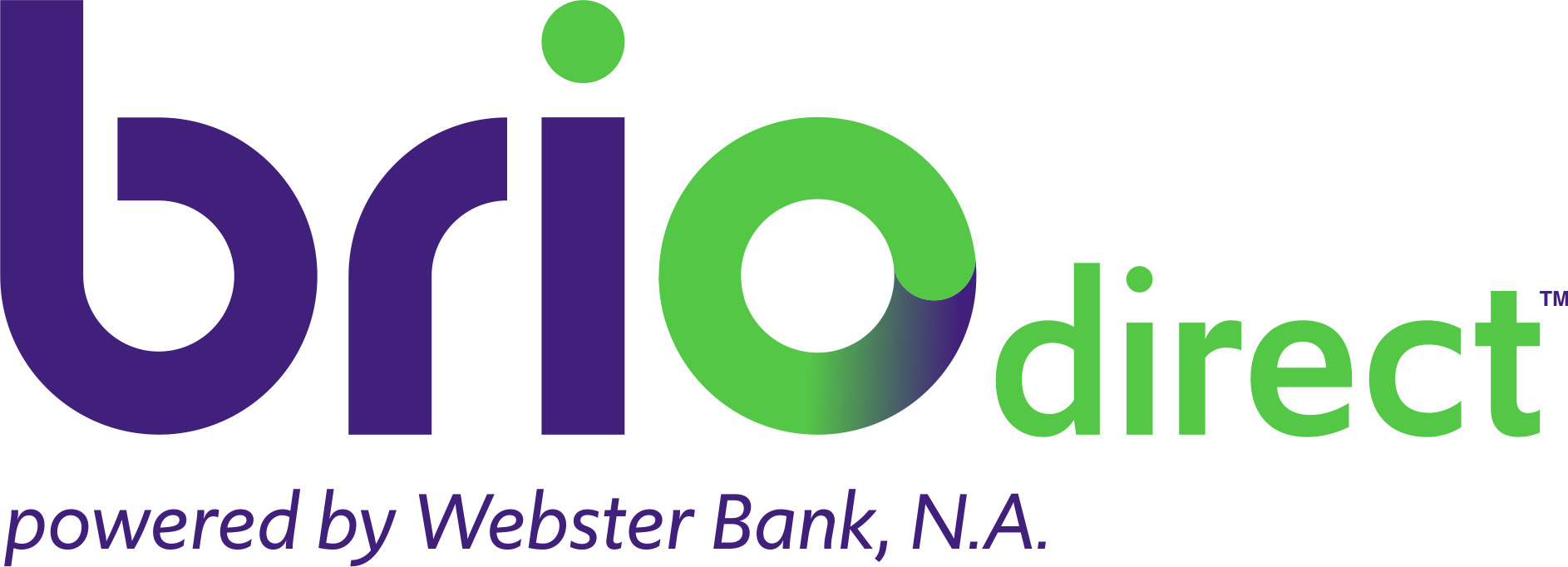
Published on: April 25, 2023
By: Webster Bank
How Financially Fit Are You?
As another new year begins, we tend to check on our physical wellness and decide on a new routine to become healthier. But what about your financial fitness? Have you considered just how financially fit you are? The experts at BrioDirect can help.
If you are like most Americans, there’s room to improve your financial condition. More than nine in ten Americans (93%) view financial wellness as important – yet nearly half (43%) report they do not feel financially stable, and nearly one-third (29%) have less than $500 in their emergency savings fund, according to a new 2023 survey from financial services firm Edward Jones and Morning Consult.
What does it mean to be financially fit?
Financial fitness is the ability to manage your money effectively in a way that allows you to comfortably reach financial goals and maintain stability in the face of financial hardships. People are considered financially fit if they’ve got a firm hold on their budget, their savings, how much they are investing, and how they are continually improving their knowledge about the economy and reviewing their financial goals and the steps required to achieve them.
The Edward Jones/Morning Consult 2023 report showed most Americans see financial wellness as having no anxiety over monthly bills (61%), having enough money to take care of their family (57%) and having no debt (55%).
The financial experts at BrioDirect wanted to provide a list to determine your current financial fitness, and provide some ways on how to improve it in 2023.
Test your financial fitness
Below are the five core principles of being financially fit. Think of them like muscle groups! Give yourself a point for each one you think you have in good shape, or read further for tips on how to get started on improving areas you need to ‘work out.’ If you score all 5 points, you’re probably in great financial shape!
You have a budget
Having a budget allows you to discipline your spending habits. When you allow yourself a set amount of money each month for groceries, going out to eat, hobbies, entertainment, and other spending categories, you will be able to prevent yourself from overspending. A budget allows you to save money, hit short-term goals, and correctly identify what type of lifestyle you can comfortably afford without breaking the bank.
You have an emergency fund
No one can predict the future but experts agree that Americans should have three to six months of living expenses in an emergency savings fund. Six months of expenses can sound like an intimidating amount of cash to save, but what matters most is you try to start building an emergency fund right away, no matter how small it starts out as.
You invest in your future
Covering all of your current bills and enjoying life is a great financial win, but are you thinking long-term enough when it comes to your finances and life goals? Investing not only includes placing money into a 401(k) or Roth IRA, but also by taking advantage of incredible offerings from banks such as a high-yield CD account.
You pay down debt
Debt can creep up on anyone if it is neglected for too long. You continually take the hit on accrued interest, and the hole just keeps on getting bigger, and bigger. Debt can negatively affect your financial well-being and also your mental and physical health with the toll the stress can have on the body. It’s important to manage debt as part of your budget, pay it down aggressively when things are going well, and avoid taking on large purchases that you can’t comfortably afford.
You stay informed on financial strategies
It’s important to be educated continuously on financial strategies, as well as the ever-changing state of the economy. Some ways to improve your financial education might be to hire a financial advisor, stay in the loop regarding world events and trends, read up on different investment strategies on how to apply them to your goals, and follow a blog that regularly provides helpful tips on saving, budgeting, and financial concepts.
What are the benefits of being financially fit?
Being financially fit has its benefits, some of which actually tie directly to your physical wellness.
- Less stress and better health: Having overdue bills and the constant concern of having enough money puts a strain on your health. Taking the step to become financially fit will decrease your blood pressure and give you a better night’s sleep.
- More options in life: Wouldn’t it be wonderful to know that you can afford that family vacation this year? Isn’t it nice to look for a second home upon retirement? Being financially fit will give you more options in life.
- The freedom to be generous: How often are you asked to donate money toward a worthy cause but have to decline due to lack of funds? Have you often wanted to buy a family member a new dress or special gift but can’t? Having your finances in order will allow you to be more generous and know how much you can give.
- Passing along good financial planning to your children: Not only will you become healthier with your finances in control but your children will be rewarded by seeing your good spending habits and saving practices.
Disclaimer
The opinions and views herein are for informational purposes only and are not intended to provide specific advice or recommendations. Please consult professional advisors with regard to your individual situation.
All deposit products are provided by Webster Bank, N.A. ("Webster Bank"), an insured FDIC institution. BrioDirect is a sub-brand of Webster Bank. Webster Bank operates under the trade name BrioDirect. This trade name is used by, and refers to, Webster Bank, a single FDIC-insured bank.
Accounts that are opened via www.briodirectbanking.com and marketed by BrioDirect are Webster Bank accounts. Deposits in these accounts are made with Webster Bank. For purposes of determining how much FDIC insurance is applicable to your accounts, you need to consider all accounts maintained with Webster Bank, N.A., such as CD, checking, savings, BrioDirect online accounts and cash held in health benefits accounts with HSA Bank.
